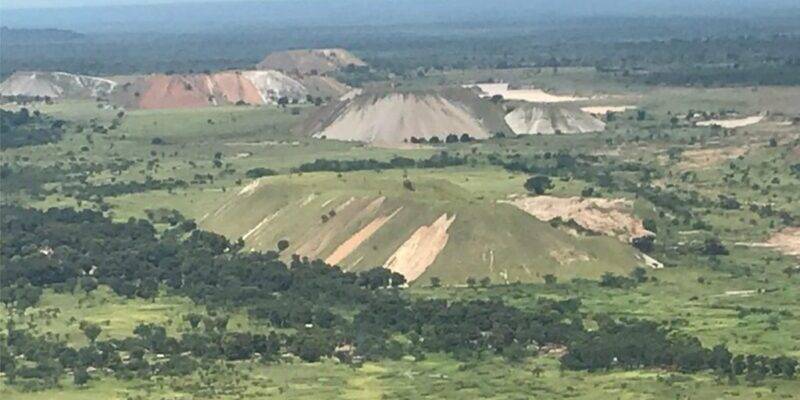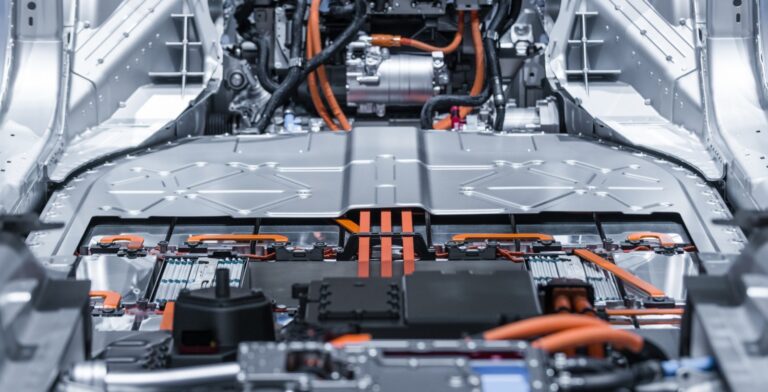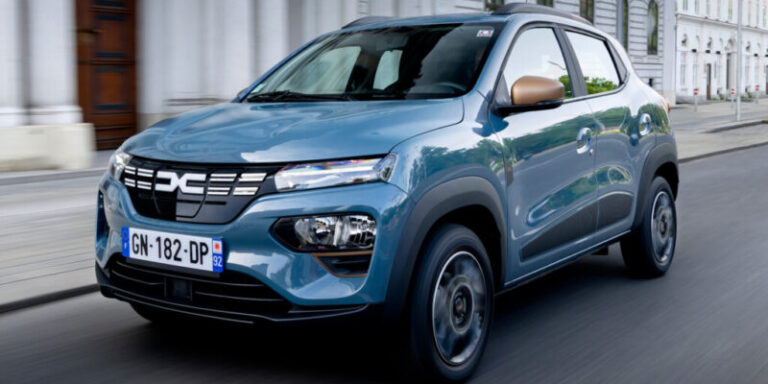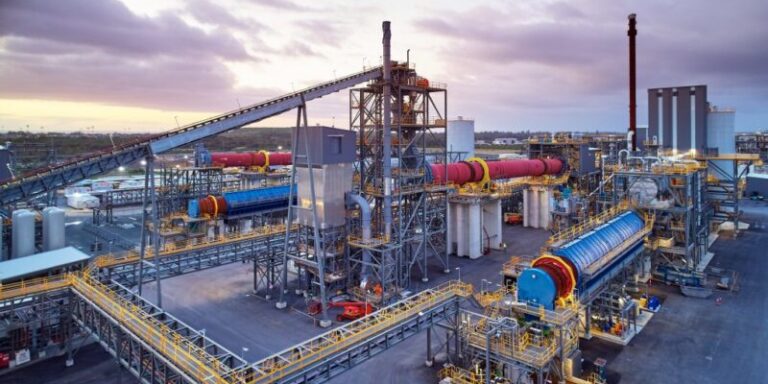
The Democratic Republic of Congo (DRC) is home to one of the world’s largest lithium deposits, a resource that is increasingly vital for the global shift to renewable energy.
In the town of Manono, located in the Tanganyika province in the southeast of the country, an estimated 6.6 million tonnes of lithium lie beneath the soil.
This mineral is essential for the production of rechargeable batteries used in electric vehicles and electronic devices.
Despite the promise of economic transformation and international interest—including from the United States—progress on the Manono lithium project has been slow, leaving the local population frustrated and anxious.
“There’s been very little movement, even though the plant installation has already begun,” said Father Moïse Kiluba, a local Catholic priest and civil society leader. “The people are waiting, but they’re concerned that the lithium project is dragging on.
It’s a missed opportunity for Tanganyika province and the country as a whole. We still don’t know when the project will truly begin and bring the change we were promised.”
According to Father Kiluba, although feasibility studies have been conducted and some employees of Zijin Mining—a partner of the Congolese state mining company Cominière—have been paid, there is still no clear sign of tangible development.
Manono, once a hub of tin mining during Belgian colonial rule, now shows few traces of its mining legacy outside of the Makomeno neighborhood, formerly inhabited by Belgians.
“The living conditions here are dire. There’s no running water, no electricity, and the roads are in terrible condition.
Even when lithium-related salaries are paid, the economic impact is barely noticeable. The money simply doesn’t circulate,” he added.
From 1919 to 1982, the region was actively mined for tin by a Belgian company originally named Geomines, which later became Congo Etain and Zaïre Etain following nationalization in the 1970s.
Since then, Manono’s mining potential has remained largely untapped, despite its abundance of valuable resources including tin, cassiterite, and lithium.
As the global demand for lithium grows, so does the urgency for the DRC to move forward with the Manono project—not just for international markets, but for the communities still waiting for the promises of progress to become reality.





